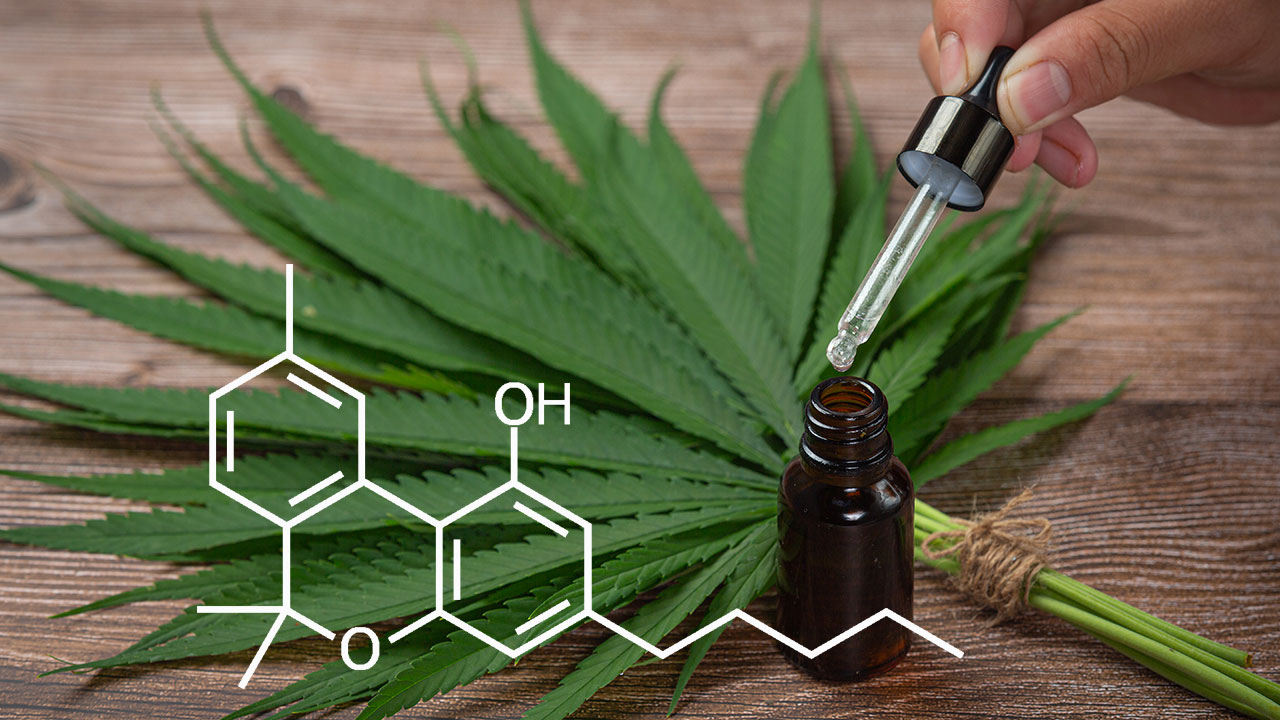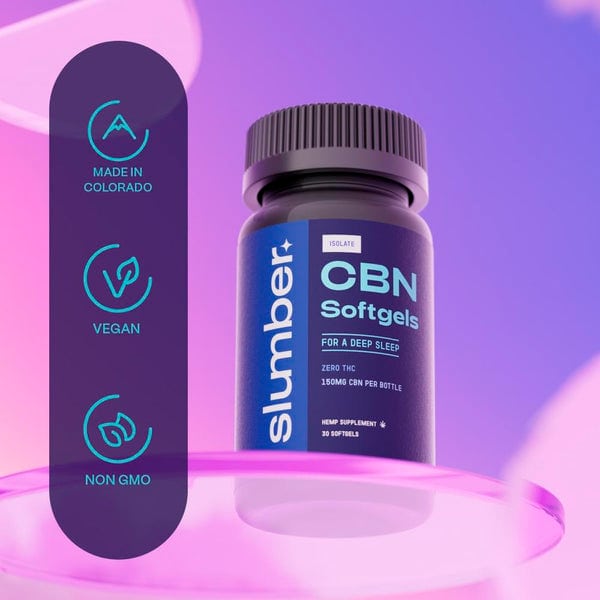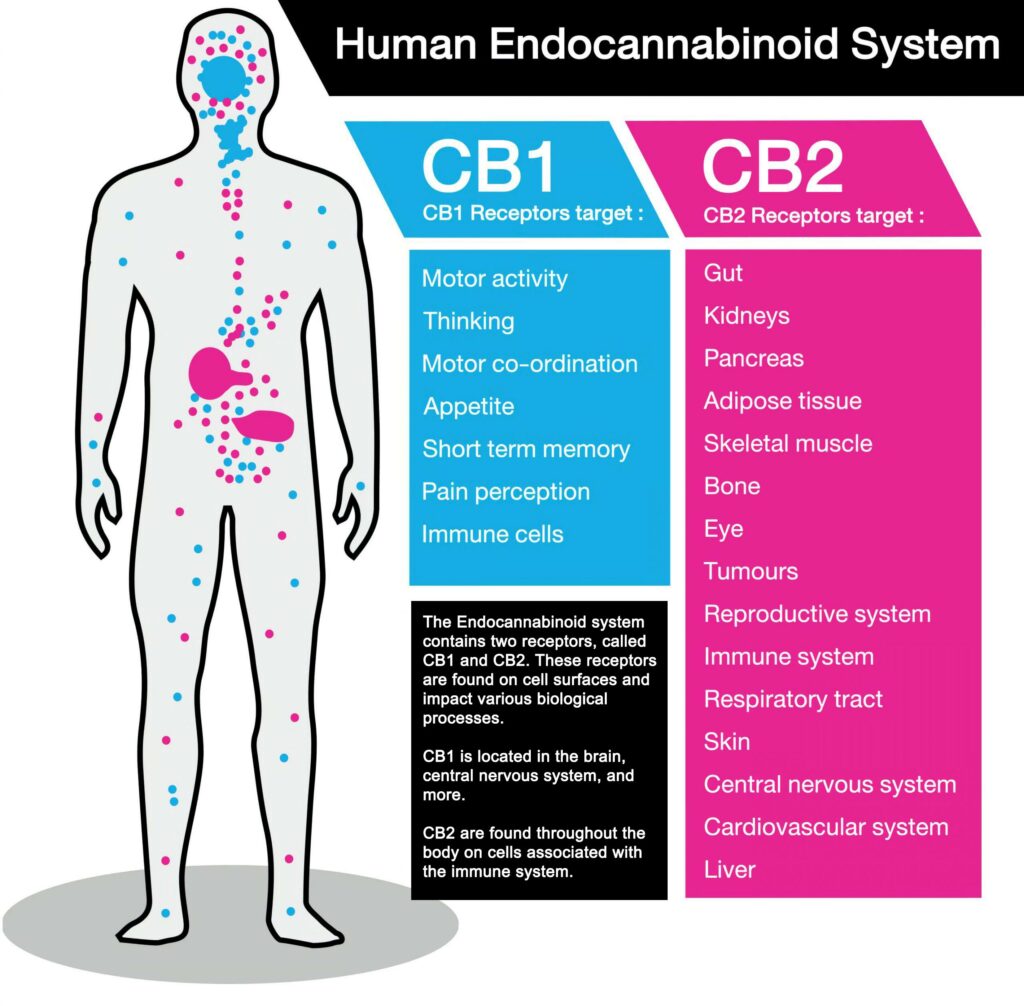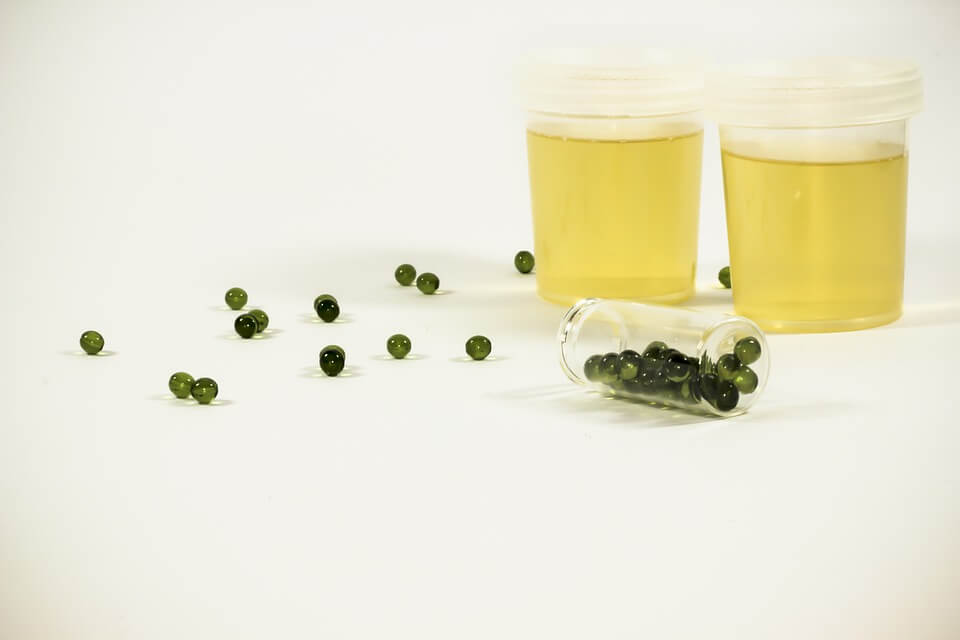Can CBN Show Up on a Drug Test?
Summarize

Can CBN make you fail a drug test? Most drug tests do not test for CBN, so the chances are slim that you would fail a drug test based on the amount of CBN in your system. Yet, research has found that CBN could show up on a drug test if you take a significantly high amount of CBN in proportion to THC. If CBN is high enough to be detectable, chances are you would fail the test for THC anyway, which is the main target of immunoassay tests.

TL;DR (Too Long; Didn’t Read):
Drug tests do not usually test for CBN. They test for THC. CBN is formed when THC degrades through oxidation and becomes a separate cannabinoid from THC after creation. CBN is only mildly psychoactive. For CBN to show up on a typical urine test or to have psychoactive effects, you would have to take a large amount of CBN in proportion to THC. A larger amount of CBN also has the potential to cross-react with the immunoassay test and produce a false positive. More research is needed to answer this question. One study found it peaks at 5-6 hours in urine when taken orally, which means it may stay in your system for up to a week.
Table of Contents
What is CBN?
CBN is the acronym for cannabinol, one of the many minor cannabinoids in the cannabis sativa plant, which includes marijuana and hemp. It forms when TCH degrades due to heat, light or air exposure (oxidation). For this reason, more CBN can be extracted from dry cannabis material than from uncultivated plants.
Does CBN contain THC?
CBN is a byproduct of THC and is its own molecule. It does not contain THC because the chemical composition changes during the degradation process. CBN is sometimes called a weaker THC since it forms from THC and may produce minimal psychoactive effects. However, calling CBN a “weaker THC” gives the wrong impression, making people believe it is just a different form of THC when it is a separate cannabinoid.
CBN is not naturally formed from any acid precursor like THCA. A research project was able to synthesize (manufacture) CBN from THCA, and there are products sold today with synthetic CBN. The implication is that the ability to produce synthetic CBN could make it available for additional study on its biological effects.
Does CBN Get You High?
You may be concerned that CBN will get you high since it has mild psychoactive properties. The research on CBN is minimal. Most research to date has concentrated on THC and CBD, plus a growing body of research exists on CBC and CBG. The research is also conflicting on whether CBN will get you high.
CBN is a partial agonist of the CB1 receptor in the endocannabinoid system. It has less affinity for this receptor than THC. The CB1 receptor is believed to be the one responsible for the psychoactive effects of cannabis. Since it has less affinity for CB1 compared to THC, it has less impact if it causes psychoactive results. A study found that to produce a high, it took CBN doses that were several times larger than doses of THC. A different study concluded CBN of any dose amount created THC-like effects.
CBN has a greater affinity for CB2, similar to CBD.

CBN and Drug Testing
Does CBN show on a drug test? The answer is “maybe.” The drug tests used to detect THC do not normally test for other cannabinoids.
A study was completed to determine if two common commercial urine drug tests (Microgenics MultiGent and EMIT II Plus immunoassays) used for THC testing could detect CBN. This study tested a range of CBN concentrations to determine if it could trigger a positive result and how much CBN it would take. The study also tested by mass spectrometry the impact of the addition of CBN on the drug test when THC is weakly present but not detected by an EMIT II Plus immunoassay. The final results demonstrated it took five times more CBN than THC to produce a positive EMIT II Plus test result and 20 times more CBN than THC for the Microgenics drug test. In other words, it takes a lot of CBN to show up on a drug test, but the exact amount is unknown.
Another issue the same study found is that CBN has the potential to cross-react with immunoassays that are designed to detect THC. If this happens, the CBN may produce a false positive for THC.
How Long Does CBN Stay In Your System?
If there is a chance you take enough CBN for it to show up on a drug test, you also want to know how long it can stay in your system.
A 2022 research project evaluated urinary excretion rates for THC, CBD and CBN following taking cannabis orally and by inhalation. Participants either ate brownies with cannabis or inhaled vaporized cannabis. Using three different immunoassays, urine was tested at baseline and eight hours after taking cannabis for six different sessions held a week apart. The results were that all cannabinoids, including CBN, peaked at 5-6 hours. That means CBN is still in your system for a more extended period, likely 2-5 days. Oral administration produced the most concentration of cannabinoids.
What is not known is if the combination of THC and CBN affects how long CBN stays in your system. Cannabinoids work together and produce a synergistic effect that may influence how long your body takes to process them. Many factors influence the process.
- CBN potency
- Body weight
- Metabolic rate
- Medical conditions
- Medications
Passing a Cannabinoid Test with CBN
Can CBN make you fail a drug test? The urinalysis test does not test for CBN, but you may need to avoid potential complications during drug testing, given the scarcity of the research. Since CBN stays in your system for up to five days and has the potential for cross-reactivity, you should stop taking it at least a week before drug testing to avoid a false positive.
You may want to purchase quality CBD products from brands that strictly adhere to accurate labeling and provide a Certificate of Analysis prepared by an independent lab. You want to know precisely which cannabinoids you consume and how much of each is in a dosage. There are products made with significant amounts of additional CBN, and there is even a CBN isolate option.
If you are worried about CBN being detected on a drug test or leading to a false positive drug test, use isolate CBD instead, which is pure CBD. You may not enjoy the benefits of the many different cannabinoids in the hemp plant. However, you will still benefit from a cannabinoid that has been heavily researched and proven to provide many wellness benefits.
Sources
- Bastola KP, Hazekamp A, Verpoorte R. Synthesis and spectroscopic characterization of cannabinolic acid. Planta Med. 2007 Mar;73(3):273-5. doi: 10.1055/s-2007-967129. Epub 2007 Mar 12. PMID: 17354173.
https://pubmed.ncbi.nlm.nih.gov/17354173/ - Corroon J. Cannabinol and Sleep: Separating Fact from Fiction. Cannabis Cannabinoid Res. 2021 Oct;6(5):366-371. doi: 10.1089/can.2021.0006. PMID: 34468204. PMCID: PMC8612407.
https://www.ncbi.nlm.nih.gov/pmc/articles/PMC8612407/ - Kroner GM, Johnson-Davis KL, Doyle K, McMillin GA. Cannabinol (CBN) Cross-Reacts with Two Urine Immunoassays Designed to Detect Tetrahydrocannabinol (THC) Metabolite. J Appl Lab Med. 2020 May;5(3):569-574. doi: 10.1093/jalm/jfaa020. PMID: 32445358.
https://pubmed.ncbi.nlm.nih.gov/32445358/ - Sholler DJ, Zamarripa CA, Spindle TR, Martin EL, Kuntz D, Vandrey R, Grabenauer M. Urinary Excretion Profile of Cannabinoid Analytes Following Acute Administration of Oral and Vaporized Cannabis in Infrequent Cannabis Users. J Anal Toxicol. 2022 Oct;46(8):882-890. doi: 10.1093/jat/bkac042. PMID: 35770374. PMCID: PMC9995664.
https://www.ncbi.nlm.nih.gov/pmc/articles/PMC9995664/
Share this post



0